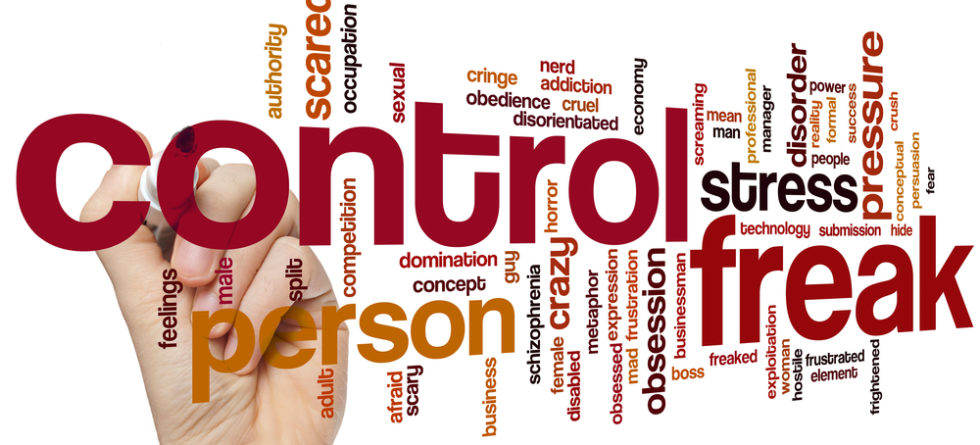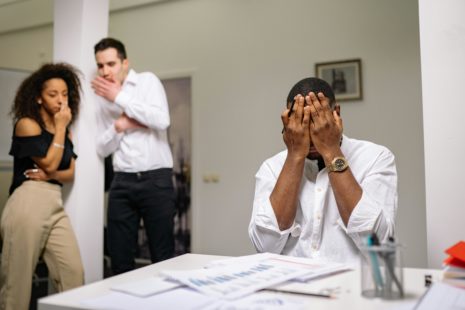Control freaks, or individuals who have a strong need for control and struggle to relinquish it, may have various fears and anxieties that drive their behavior. These fears can vary from person to person.
Here are some common underlying fears that control freaks may experience…
- Fear of Uncertainty – Control freaks often have a deep-seated fear of the unknown and uncertainty. They may feel anxious when they cannot predict or control outcomes.
- Fear of Failure – Control freaks may have an intense fear of making mistakes or failing at tasks. They often strive for perfection and fear any form of perceived inadequacy.
- Fear of Being Vulnerable – Some control freaks are afraid of being emotionally vulnerable or exposed. They may use control as a defense mechanism to protect themselves from potential emotional hurt or rejection.
- Fear of Loss – Control freaks may fear losing something valuable, whether it’s possessions, relationships, status, or opportunities. They may attempt to control these aspects of their lives to prevent loss.
- Fear of Rejection – The fear of rejection or not being accepted by others can drive control freaks to try to control social situations, interactions, and perceptions.
- Fear of Helplessness – Control freaks may dread feeling helpless or out of control in situations. They may believe that being in control is the only way to ensure their safety and well-being.
- Fear of Chaos – Some control freaks fear chaos or disorder in their lives. They may equate control with order and structure and become anxious when things appear chaotic.
- Fear of Criticism – The fear of criticism or judgment from others can motivate control freaks to micromanage and seek constant validation for their actions.
- Fear of Losing Power – Control freaks may fear losing their sense of power and influence over others, leading them to exert control in various aspects of their lives.
- Fear of Being Helpless – The idea of not being able to handle a situation or being dependent on others can be distressing for control freaks, leading them to maintain control at all costs.
These fears can drive unhealthy patterns of behavior and negatively impact relationships and well-being. Seeking support from a therapist or counselor can be beneficial for individuals struggling with control issues, as it can help them address the underlying fears and develop healthier coping mechanisms and strategies for managing anxiety and stress.







